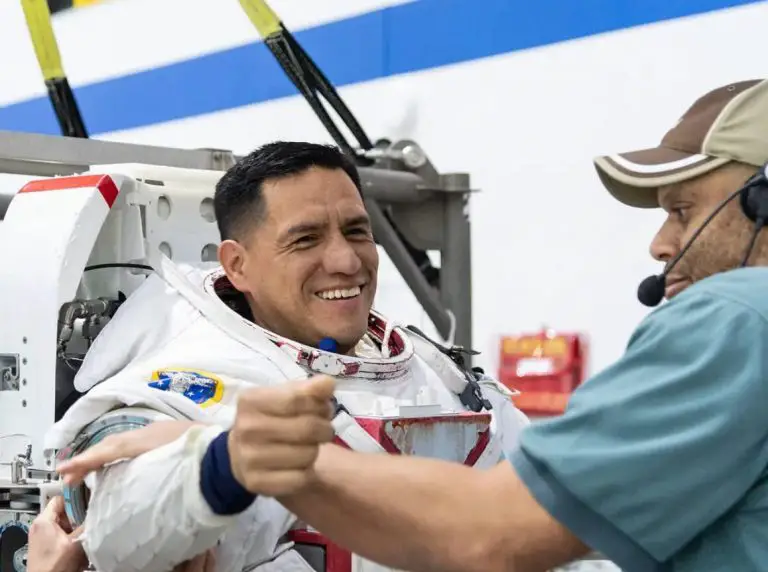Last year, NASA astronaut Frank Rubio set a new US record by spending 371 consecutive days in space. Returning to Earth on September 27, 2023, Rubio’s extended time in space led to significant changes in his body, demonstrating the profound effects of long-term space travel. Originally slated for a six-month mission, his stay was doubled, making him an ideal case study for understanding the impact of prolonged weightlessness.
Upon landing in Kazakhstan, Rubio underwent thorough medical assessments to readjust to Earth’s gravity. The absence of gravity in space leads to muscle mass reduction and bone loss within the first few months, which is exacerbated over longer periods. Dr. Jennifer Fogarty from Baylor College of Medicine explained that coordination and balance become challenging after such a long time in space.
Another notable effect of extended space travel is the alteration in blood flow, potentially causing blurred vision and eye swelling, a condition known as Spaceflight Associated Neuro-Ocular Syndrome. Dr. Michael Decker from Case Western Reserve University highlighted that this increased intracranial pressure can lead to visual impairments that may persist even after returning to Earth.
Rubio’s adaptation back to Earth took several months. He noted that while adapting to space is relatively quick, readjusting to Earth’s gravity is a longer and more challenging process. After four months, he felt he had regained 90-95% of his pre-flight condition, thanks to rigorous exercise and continuous testing.
Rubio’s journey underscores the resilience and adaptability of astronauts, while also highlighting the need for ongoing research into the effects of long-term space travel. His experience contributes valuable insights into the physical challenges faced by astronauts, informing future missions and the quest for extended human presence in space.




